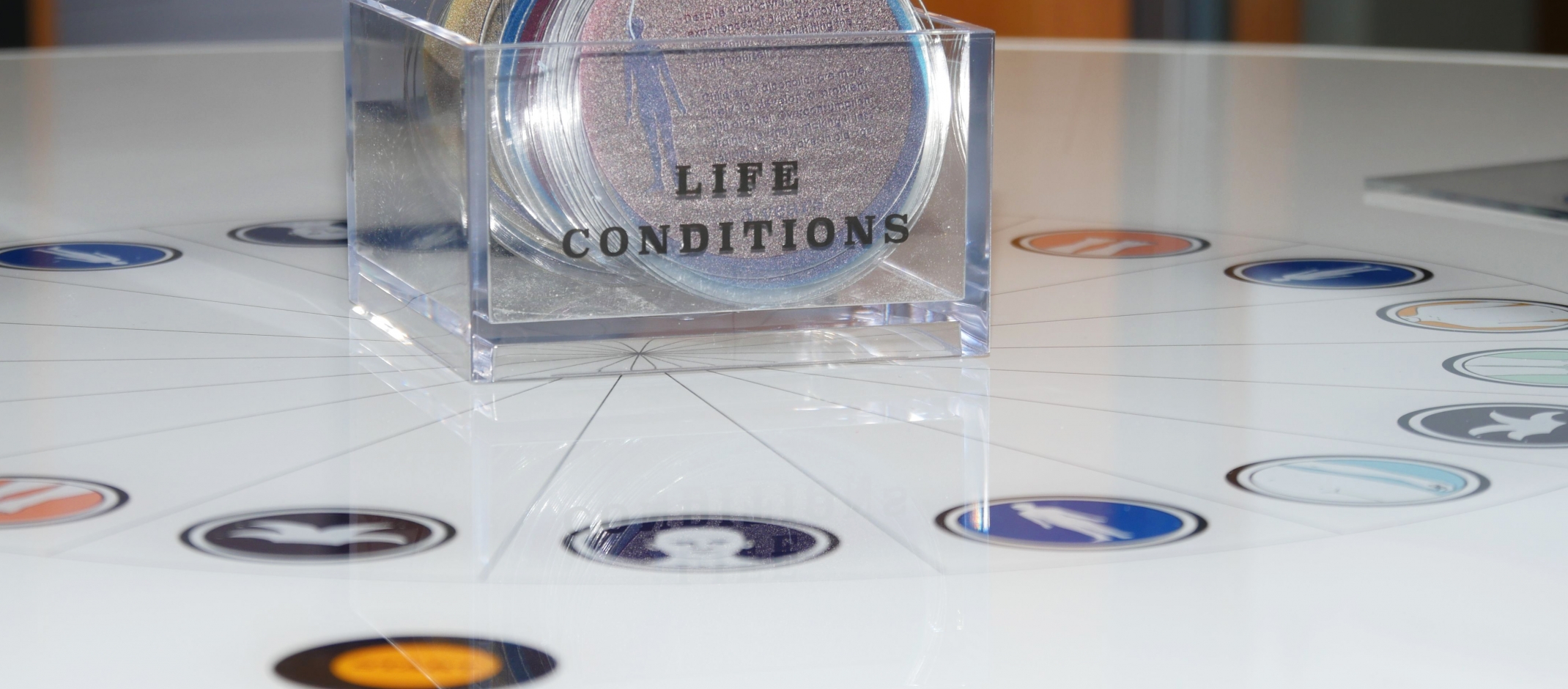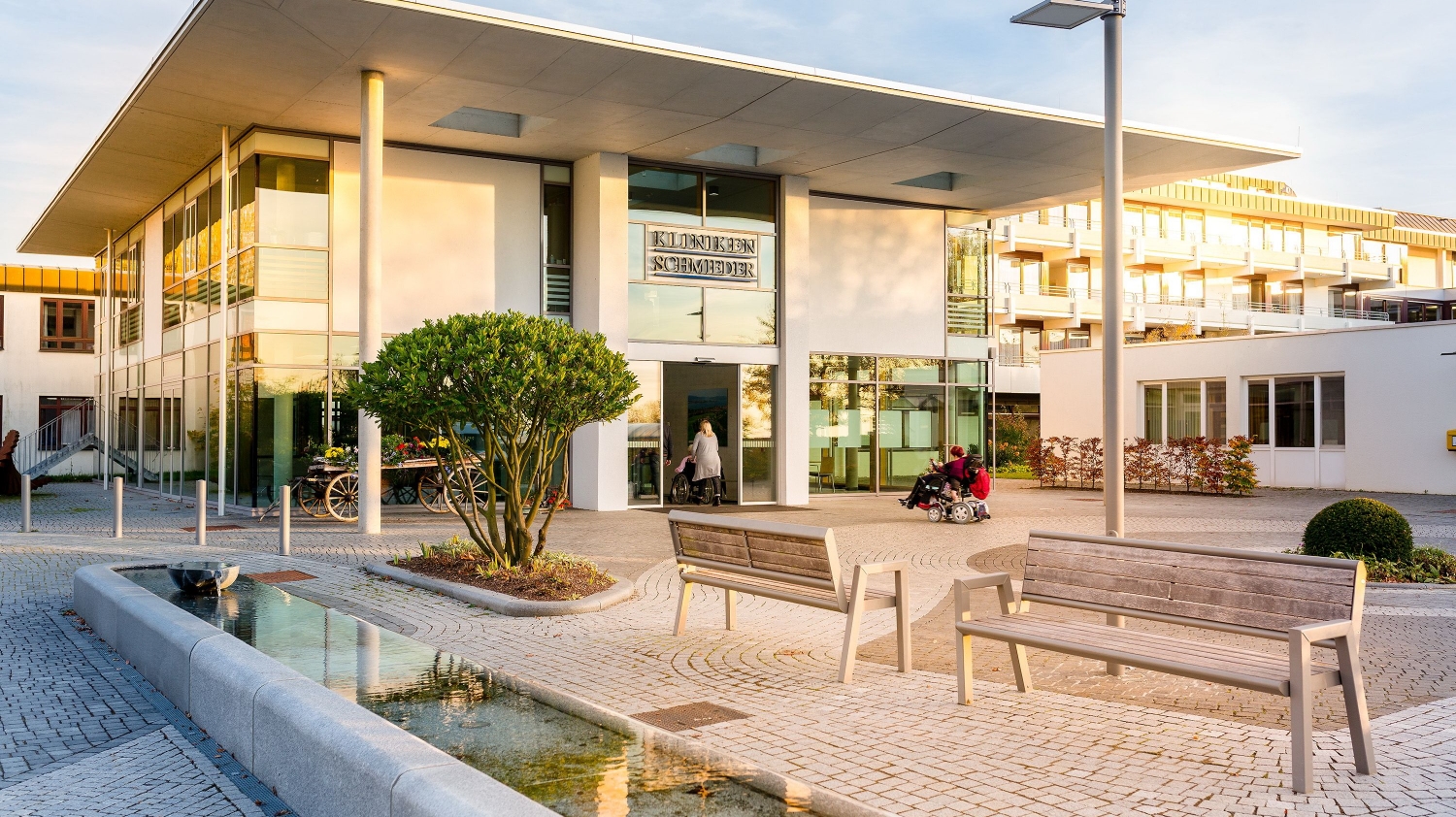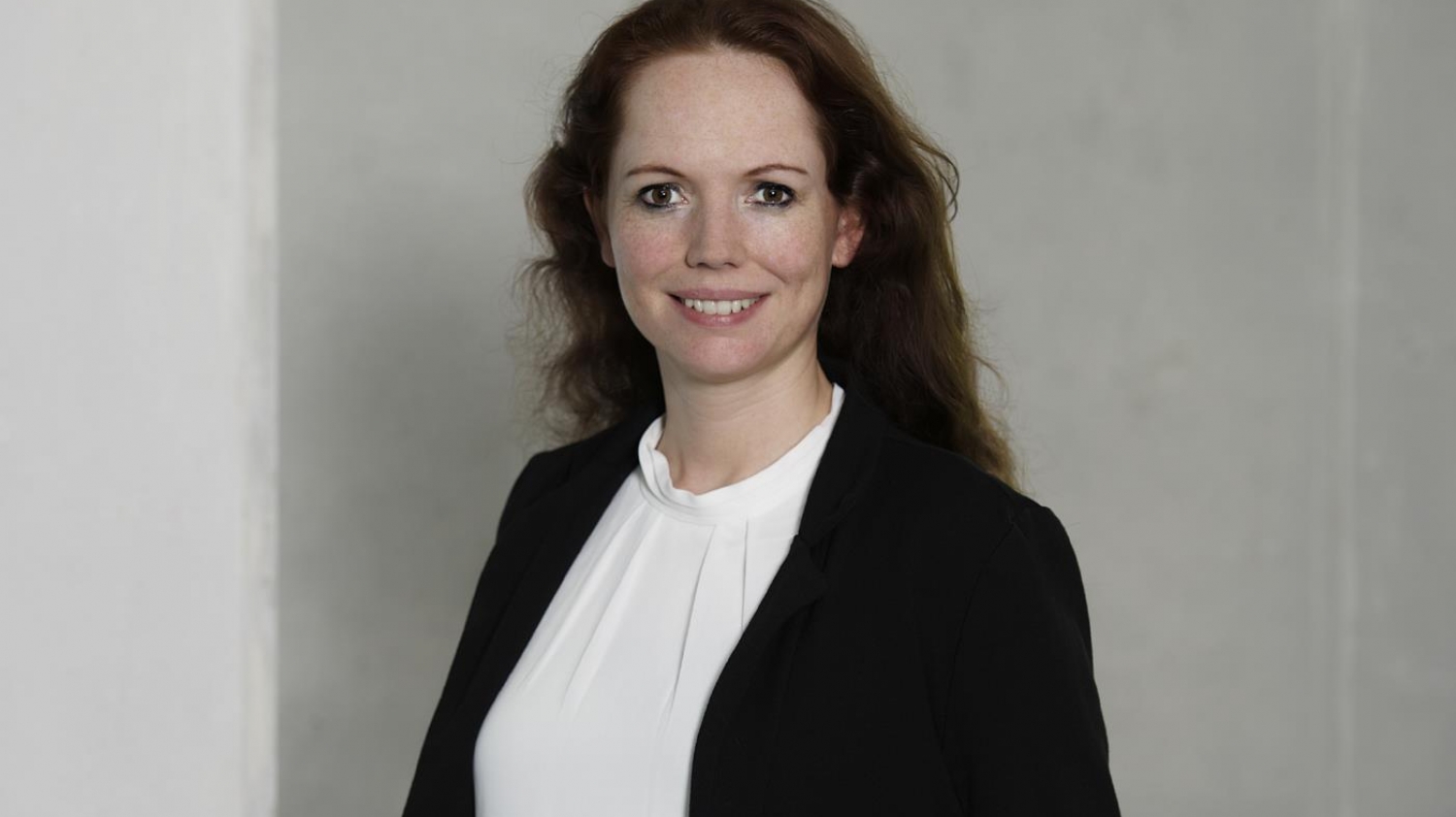From head to toe

The human body continues to develop throughout its lifetime. This process can be simulated in a fun way at the Zukunftskolleg at the University of Konstanz, of which Jennifer Randerath has been a member since 2015 as a Marie Curie Research Fellow. The name of the game is "Life on the Line", which can be played in room Y 329 by all those who want to approach the subject of ageing from a more or less amusing perspective. The game also brings a sense of humour to the table: There are playing cards that award players a thrombosis, resulting in reduction of five years of life. Players may find more joy in receiving playing cards that promise a longer life, such as the belly dancing card, which adds two years to your life.
As a psychologist, Dr Jennifer Randerath clearly enjoys using the smart gaming table, which is currently on loan from the Medical Museion in Copenhagen, Denmark. The topic of ageing belongs to her research area. Together with her team, the early career research group leader has developed a series of experiments that allow her to initially characterise younger and older test subjects according to their differential decision-making behaviour with regard to their physical skills. Ultimately, Dr. Randerath’s research group focuses on people who have physical and cognitive impairments as a result of suffering a stroke.
https://youtu.be/RHRjuDdh0j0
How does their decision-making behaviour change? Is it possible to train the behaviour of those affected and thereby increase their independence? These are basic questions that the team is investigating. Can I still grab the object back there, or will I fail if I try? Whether or not stroke victims overestimate their abilities and thus take risks or instead act cautiously and thereby reduce their quality of life is of great consequence to them. It is therefore important that they accurately assess the risks before carrying out simple everyday activities.
Perception, orientation, attention, memory, but also emotion, motivation, personality and behaviour are often affected by neurological diseases such as strokes. A neuropsychological assessment first examines the cognitive and emotional affective functions and their effects on behaviour. Neuropsychology then offers a series of therapy options based on the individual rehabilitation goals of the patients. Overarching goals can be, for example, to restore or improve cognitive performance and to resolve or minimize impairments related to sensing and experiencing in daily life.
The psychologist describes her research by asking the following question: "How can neurological cognitive dysfunctions affect whether or not we can carry out a physical action? The identification of such dysfunctions requires a better understanding of the decision-making behaviour of healthy people. Just as the game in the Zukunftskolleg correctly illustrates, the abilities of a person depend on age. A simple example: An individual’s decision whether to cross the road as a car approaches depends to a large extent on a person’s physical capabilities, e.g. being young and athletic versus standing at the intersection with a walking cane.
The psychologist sums up this motor-cognitive ability as follows: "Make an appropriate decision by first taking the respective situation and your physical condition into account". For one of the group’s experimental settings the University of Konstanz’s Scientific Engineering Services build a table on which objects can be moved on rails. The test subjects sit at the table and must decide whether they can still reach an object. This setting roughly corresponds to the everyday situation of having to intuitively judge whether or not a cup is still within reach.
Another test also has its funny moments in terms of its everyday equivalent. How do we decide if our hand still fits into an opening? “This is similar to: Can I grab the letter out of the mailbox via its slot, or should I instead retrieve the mailbox key?" The researcher shows a newspaper article that portrays a man who made the wrong decision in this case. His hand had to be freed from the slot with the help of the fire department.
Dr Jennifer Randerath has been a Marie Curie Research Fellow at the Zukunftskolleg since 2015. From 2015 until 2016, she was interim professor for neuropsychology at the Department of Psychology at the University of Konstanz. Her research group also receives support from the Deutsche Forschungsgemeinschaft (DFG), through the Konstanzia Programme of the Office for Equal Opportunity, Family Affairs and Diversity, as well as the scholarship programme of the University of Konstanz. The early career researcher previously carried out research at the Klinikum München Bogenhausen (2006 until 2009) and in the USA at the Universities of Oregon (2009 until 2011) and Missouri (2011 until 2014).
All things considered, older test subjects are not always more cautious when judging their physical capabilities. To determine who in fact is "more conservative" or "more liberal” in their decision making – the older or the younger test subjects – depends on the concrete nature of the task to be carried out during the test. "Developing suitable tests is a challenge," says the psychologist. She strives to create controlled experimental designs in order to clearly separate the different perspectives of the study. Restrictions due to healthy ageing must also be distinguished from disease-related impairments. The fact that older people fall down more frequently is likely related to wrong decisions resulting from age-related physical and cognitive decline.
The test results for stroke patients are evaluated together with their neurological correlates, by use of the structural brain images of the patients. To this end, magnetic resonance tomography and computer tomography images are used. The analyses show connections between dysfunctional behaviour and damage to certain brain regions. For example, object interactions can be affected by brain damage, especially in the left hemisphere. Lisa Finkel, a doctoral student in Jennifer Randerath's early career research group, has investigated the phenomenon of how some stroke patients no longer know how to use certain tools. For example, these patients are not able to pantomime the use of an iron. For her research on this topic, the psychologist received the 2018 Schmieder Foundation Award for neurological rehabilitation.
https://www.youtube.com/watch?v=9BIvY9PxiN0
An individual with intact motor function who has difficulty in performing an arbitrary, purposeful and ordered task or movement suffers from a motor disorder called apraxia. The most frequent cause is a stroke. The affected person can no longer connect a known object with its purpose: For example, he or she may not know how to use a fork. The consequences of this disorder are serious, since the victims independence is restricted and support measures are required. With around 270,000 new stroke patients per year in Germany and approximately one million who suffer from the consequences of a stroke, this form of impairment represents a matter of significant importance.
The Kliniken Schmieder is a collaboration partner for Jennifer Randerath's early career research group. As part of the Lurija Institute, researchers from the University of Konstanz and medical staff from this clinic specialising in neurological rehabilitation are carrying out relevant studies together. Jennifer Randerath's team uses diagnostic tests such as those described above while working with patients at the Kliniken Schmieder’s facilities in Allensbach and Konstanz. Based on the observed needs training concepts are developed. " For the development of rehabilitation approaches we value the inspirational input by clinical staff such as occupational therapists," says Jennifer Randerath.
Lisa Sophia Friedrich-Schmieder, Chair of the Schmieder Foundation for Science and Research, says: "Dr Randerath's research is dedicated to a core topic of neurological rehabilitation. It is of great significance for the further scientific development of therapeutic work".

To advance the scientific development of neurological rehabilitation, the Kliniken Schmieder and the University of Konstanz joined together to found the Lurija Institute for rehabilitation sciences and health research in 1997. It ensures that research is transferred into practice in order to continuously improve diagnostics and therapy for neurological patients. The Departments of Psychology, Sport Science and Linguistics at the University of Konstanz work closely together with doctors and therapists from the Kliniken Schmieder. The Lurija Institute also collaborates with the university hospitals in Freiburg, Heidelberg, Tübingen, Mannheim and Magdeburg. Furthermore, the Lurija Institute awards the Schmieder Foundation Award to early career researchers at the University of Konstanz every year during the university’s Dies academicus event.

